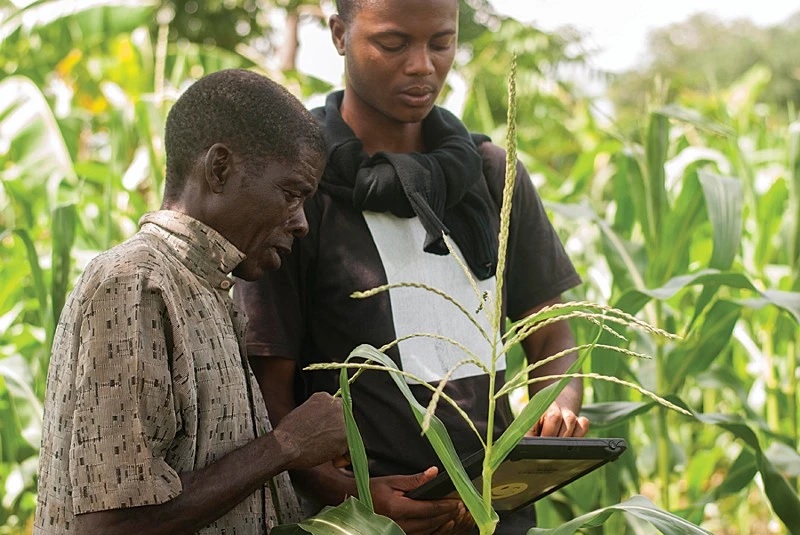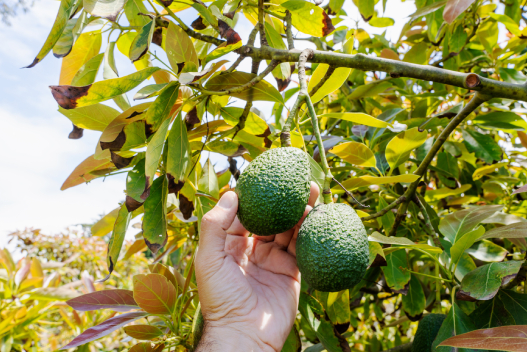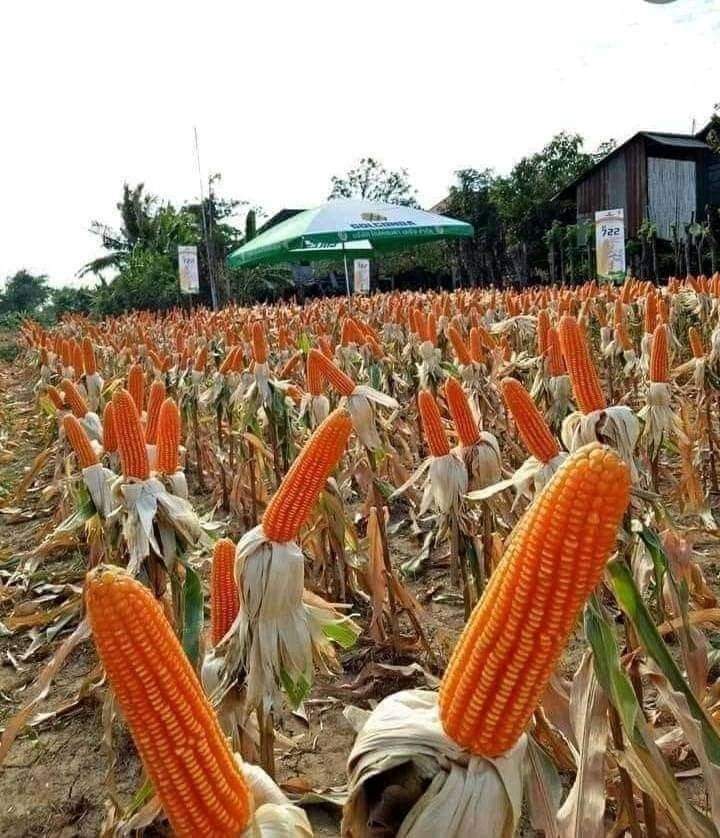As the inaugural African Conference on Agricultural Technologies (ACAT) kicks off in Nairobi, the spotlight is on the critical role of science, technology and innovation (STI) in transforming agriculture in the continent.
This gathering of leaders, scientists, innovators and stakeholders signifies a crucial turning point in Africa’s pursuit of agricultural development. It demonstrates the growing consensus that technology is key to addressing the challenges in this sector.
The choice of Kenya as the host for the groundbreaking conference is symbolic. President William Ruto, a scientist, has long been an advocate for science, technology and innovation. At the 2015 National Biosafety Conference, he anticipated a future with biotechnology being pivotal to agriculture.
African nations must move away from siloed approaches and jointly address common challenges such as food security, poverty eradication and the well-being of society. That will help the adoption of innovative solutions at the regional and continental levels.
Backbone of food production
Collaboration would allow the pooling of resources, the sharing of best practices and for successful models to be adapted for local conditions.
Access to innovative technologies will help to mitigate the hurdles farmers face—including pests, diseases and the impact of climate change. Smallholders, the backbone of food production in Africa, stand to gain the most as that can significantly boost productivity, now below the global average.
It is disheartening that Africa’s low agricultural productivity corresponds with its limited investment in technology. Africa allocates an average of just 0.5 per cent of gross domestic product (GDP) to STI, a starkly contrast to the global average of 1.7 per cent. This hinders the sector’s growth and perpetuates the cycle of low agricultural productivity.
It is necessary to renew commitment to the Malabo Declaration, to allocate at least 10 per cent of public resources to agriculture, and Unesco’s call for investment in STI at the level of one per cent of GDP.
Eradicating poverty and hunger
The Fourth Industrial Revolution, marked by an unprecedented wave of technological innovation, offers immense opportunities for Africa to achieve the SDGs of eradicating poverty and hunger by 2030. Quantum computing, artificial intelligence, the internet of things, machine learning, big data analytics, robotics, nanotechnology, 3D printing and 5G networks are poised to revolutionise agriculture.
The potential of cutting-edge technology to transform agriculture is often underestimated. The private sector, governments, NGOs, researchers and farmers can spearhead the transformation of agriculture through technology.
The private sector must significantly invest in and scale up innovative solutions as governments create an enabling environment for technological adoption through policies, incentives and regulatory frameworks. NGOs and researchers can provide invaluable expertise and resources while farmers ensure that technology aligns with their needs.
Africa’s agriculture is intertwined with the possibilities offered by science and technology. Innovation can make Africa prosperous and food-secure.
Dr Kanangire is executive director, of the African Agricultural Technology Foundation (AATF). C.Kanangire@aatf-africa.org





